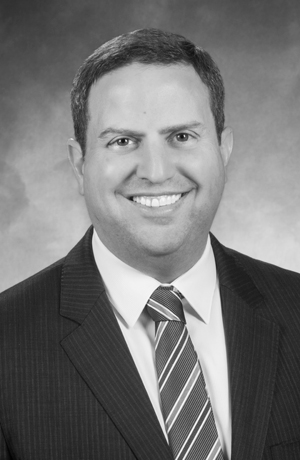


Written comments will be accepted through February 3, 2022. Please note that the Department will take oral testimony at the hearing by alphabetical order of the testifying person’s last name. Monday, January 9, 2023, with your contact information (name, organization, telephone number, and email address).

If you are interested in providing oral testimony at the virtual public hearing, please email the Department at later than 5:00 P.M. The hearing will remain open until all testimony has been heard and will be recorded.Ī link to the virtual public hearing will be provided on the Department’s Division of Land Resource Protection’s website ( ). The hearing will be conducted virtually through the Department’s video conferencing software, Microsoft Teams.

The Department will hold a public hearing on Wednesday, January 11, 2023, at 1:00 P.M.
PETER DEMEO FREE
A copy of the proposal is available from the Department at official repository libraries and LexisNexis free public access to the New Jersey Register. The rule proposal is anticipated to be published in the DecemNew Jersey Register. 7:13-12.6 addresses limited cases where a public transportation entity proposes railroad or public roadway improvements that have reached certain milestones in its development. Finally, proposed new language at N.J.A.C.
PETER DEMEO CODE
7:13-6.7 and 10.1 are proposed to be amended to ensure that the Department will not approve a flood hazard area permit that does not meet applicable design and construction standards established under the Federal National Flood Insurance Program or New Jersey’s Uniform Construction Code at N.J.A.C. The proposed amendments also require use of rainfall data updated to the present, and projected into the future, to analyze site hydrology and design stormwater management facilities. Additionally, where published mapping isn’t available, or where a prospective applicant chooses to employ consultants to calculate the design flood elevation rather than rely on mapping, increased flooding would be addressed using projected rainfall totals for the 100-year storm. An applicant choosing to utilize a Department or FEMA promulgated map in a fluvial area would have to add an additional two-foot factor of safety to the current regulatory flood elevation. The proposed amendments would require all entities subject to the proposed FHACA rule to account for expected flood increases in riverine areas due to increasing precipitation amounts by adding additional factors of safety to published Department and fluvial FEMA delineations. 7:8 is further proposed for amendment to require groundwater recharge calculations to show that the two-year storm that is being infiltrated is based on the climate change projected (future precipitation) two-year storm. 7:8-5.7 is proposed for amendment to remove the option to utilize the outdated rational and modified rational methods for calculations. 7:8-5.4 and 5.6, to account for expected flood increases due to increasing rainfall severity resulting from a changing climate. The Department proposes amending N.J.A.C. Informed by recent, peer-reviewed precipitation studies performed by Cornell University, the proposed amendments and new rules incorporate the best available, New Jersey-specific precipitation data to inform the methodologies by which construction design standards required by the FHACA and SWM rules are determined for buildings and infrastructure subject to these rules and the standards specified in the rules. Spurred by the devastation caused by the remnants of Tropical Storm Ida, the proposed amendments and new rules would ensure that development in flood prone areas and stormwater management systems throughout the State are constructed to more protective standards that reflect projected precipitation due to a changing climate, especially as to increased precipitation events. The proposed amendments would apply to any person or entity that is proposing a regulated activity within a regulated area under the FHACA rules and any person or entity that is proposing a major development as defined by the SWM rules. The rule proposal is anticipated for publication in the DecemNew Jersey Register. 7:8, and the Flood Hazard Area Control Act (FHACA) Rules, N.J.A.C. Take notice that the Department of Environmental Protection (Department) is proposing rule amendments to the rules governing Stormwater Management (SWM), N.J.A.C. NJ DEPARTMENT of ENVIRONMENTAL PROTECTION


 0 kommentar(er)
0 kommentar(er)
